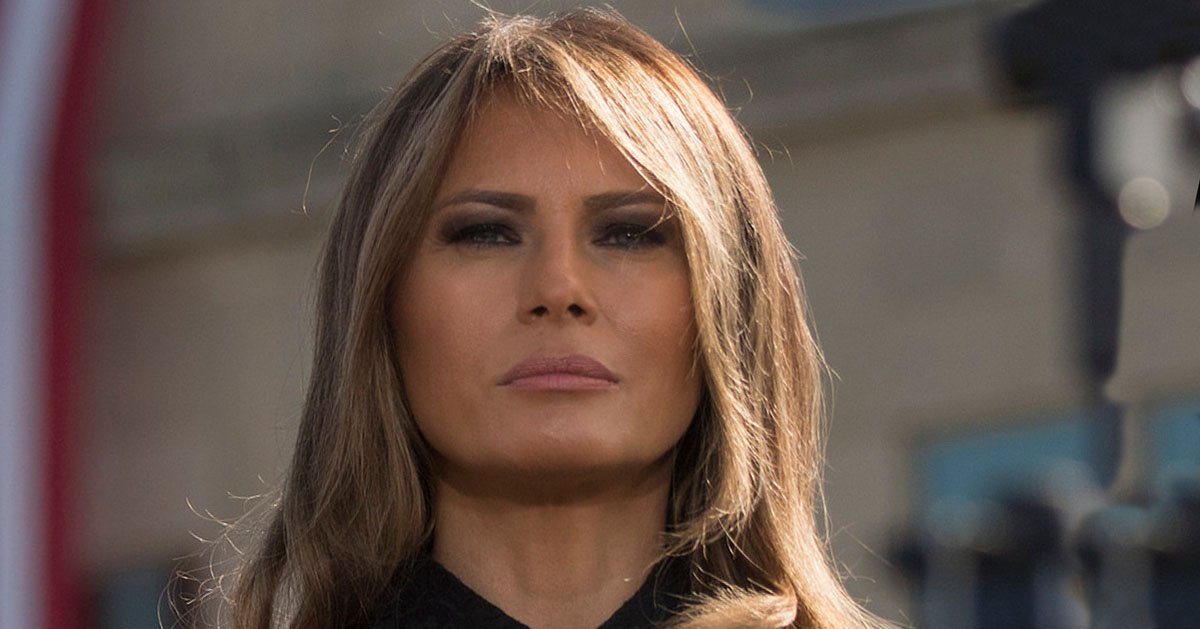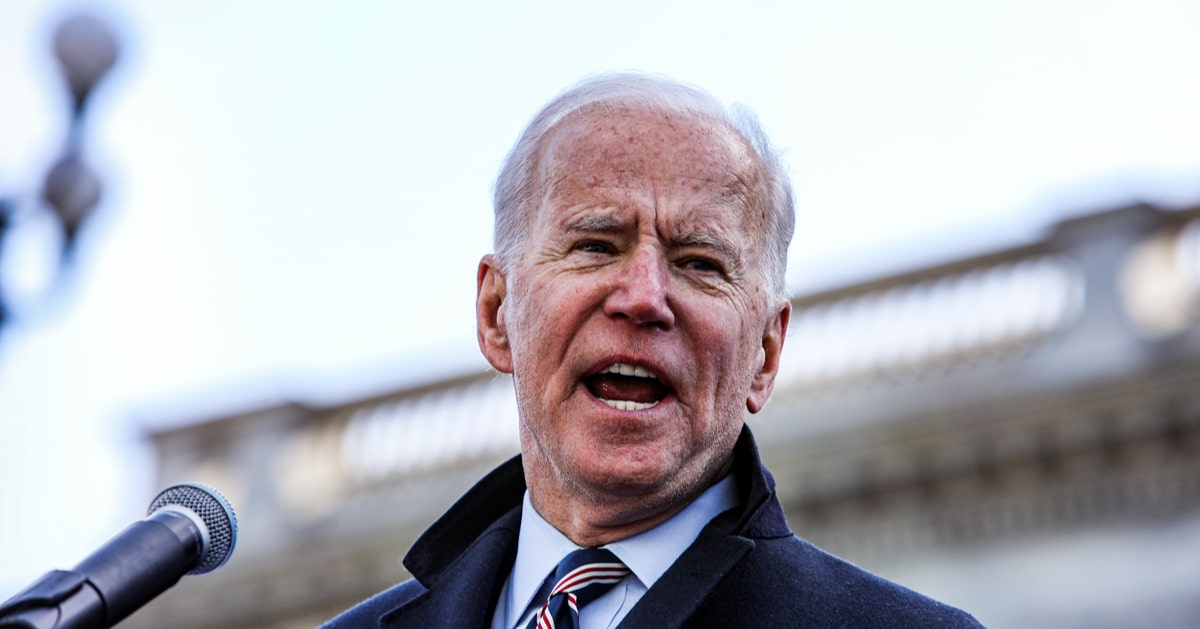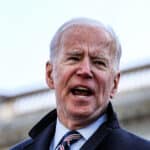





John Ratcliffe, a nominee under President Donald Trump, secured Senate approval as the next Central Intelligence Agency director on Thursday. This confirmation comes as a significant milestone, positioning him as the second Trump nominee to win Congress's acceptance.
Fox News reported that Ratcliffe's confirmation followed a bipartisan vote in the Senate, although his nomination was not without scrutiny or opposition.
Ratcliffe's path to confirmation began on Monday evening when the Senate Intelligence Committee advanced his nomination with a 14-3 vote.
A former Director of National Intelligence from May 2020 to January 2021, Ratcliffe faced earlier challenges regarding his qualifications and concerns about his perceived loyalty to the Trump administration.
Despite these hurdles, he gathered substantial backing, managing to gain the support of not just Republicans but several Democrats, including some key figures like Rep. Mark Warner.
Prior to serving as DNI, Ratcliffe was a member of the House of Representatives, representing Texas's 4th Congressional District since 2015.
His political experience also included a role on the House Permanent Select Committee on Intelligence from 2019 to 2020. His political journey was marked by scrutiny, notably during his time as DNI, where his nomination saw approval strictly along party lines.
During his initial confirmation hearing last week, Ratcliffe highlighted a strong commitment to purge the CIA of any political bias and a focus on "wokeness." His intended reforms also target improving the agency's technological capabilities, reflecting a forward-thinking agenda in intelligence operations.
One of Ratcliffe's prominent objectives for his tenure is to adopt a more assertive approach toward China. This reflects a continuation of Trump's administration's stance on international relations, where China is seen as a strategic competitor.
His emphasis on eradicating politicization from CIA operations signals a broader goal of fostering more apolitical and objective practices within the agency.
Senate Majority Leader John Thune underscored the Republican-controlled Senate's commitment to accelerating the confirmation of Trump's nominees. This dedication includes using all available time, such as "nights, weekends, and recesses," to advance their agenda.
Ratcliffe's confirmation with a Senate vote of 74-25 demonstrates a considerable endorsement from both sides of the aisle, a noteworthy achievement given the scrutiny he faced.
His bipartisan support, albeit in a limited capacity, reflects a combination of strategic political alignment and Ratcliffe's commitment to addressing pressing issues faced by the CIA.
In addition to promoting new technological initiatives, Ratcliffe's plans to mitigate the presence of political influences within the CIA were likely factors that attracted Democratic support. This support plays a crucial role in the broader scope of maintaining checks and balances in confirming political appointments.
Despite the Senate's final show of support, Ratcliffe's nomination process was not a straightforward journey. During his tenure as DNI, questions about his professional background and perceived partisanship remained contentious topics. As DNI, his initial approval by the Senate was secured along strict party lines, a reflection of the partisan challenges he confronted.
Before his nomination as CIA director, Ratcliffe was a notable member of the House, actively engaging in intelligence matters.
His role on the House Permanent Select Committee on Intelligence provided him exposure to critical intelligence operations, shaping his fit for the leadership role at one of the nation's pivotal intelligence agencies.
Ratcliffe now stands as the second Trump administration nominee to achieve confirmation, following Marco Rubio.
The Senate's intent to hasten the confirmation of other nominees illustrates a broader political strategy by the Republican leaders to establish their picks in influential governmental positions, cementing Trump's legacy.
Overall, Ratcliffe's confirmation is emblematic of the ongoing dynamics between confirmation processes, political affiliations, and the strategic objectives of the Trump administration. The CIA’s leadership now awaits the implementation of Ratcliffe's vision, as he steps into his new role amidst an ever-evolving international intelligence landscape.



